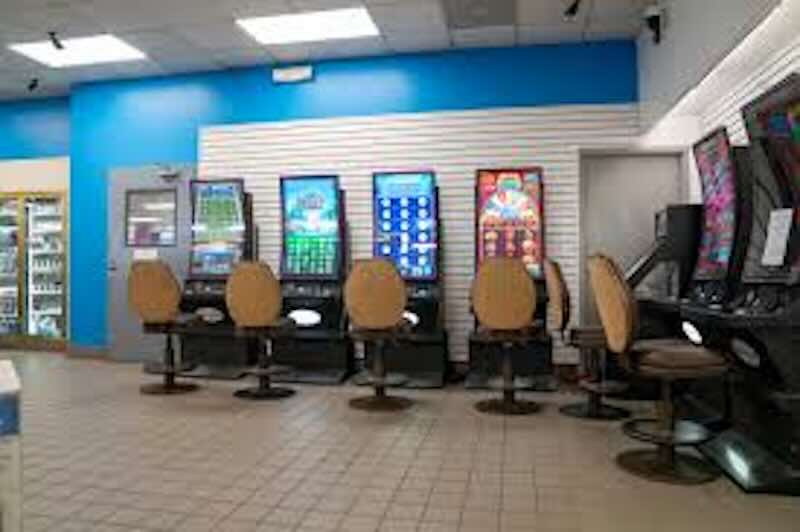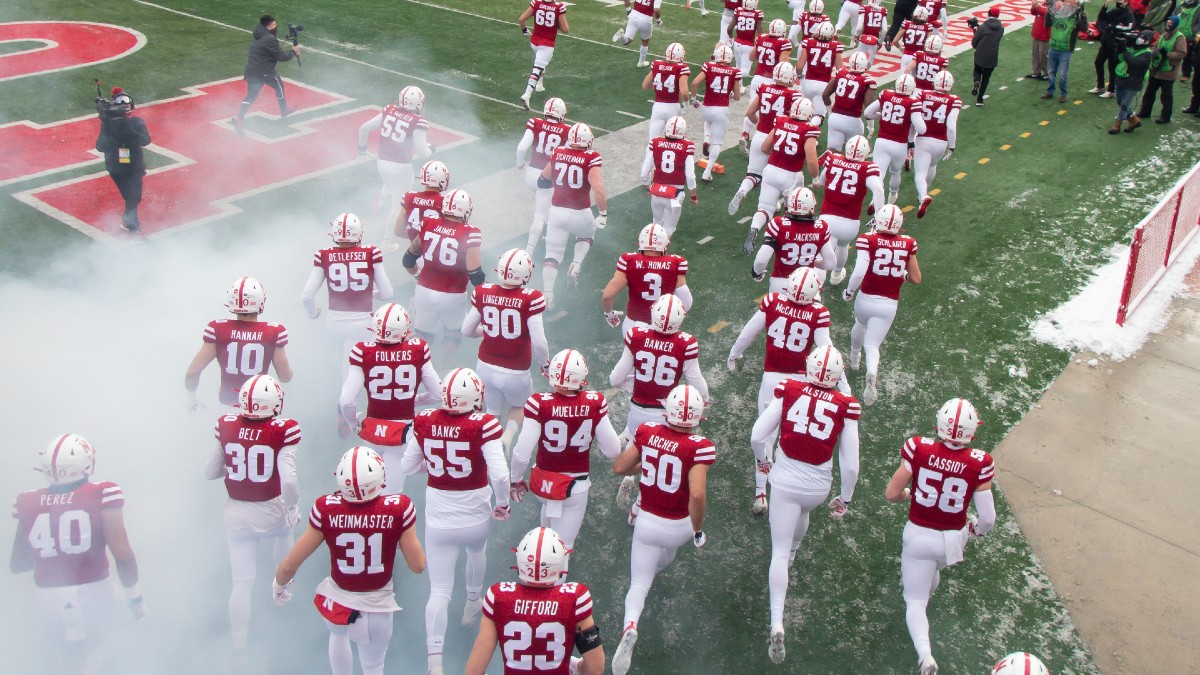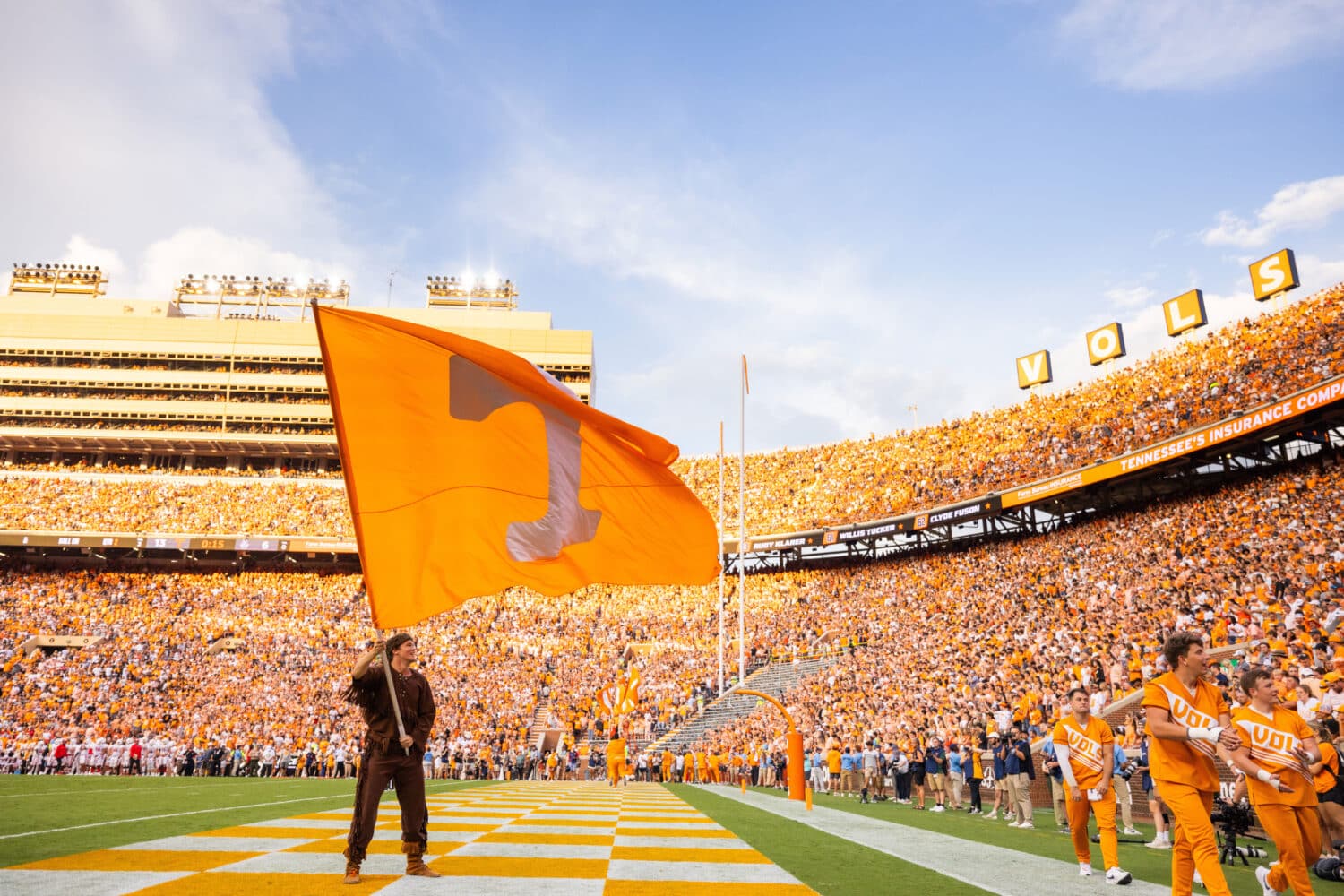
New Jersey Division of Gaming Enforcement and Rutgers University publish RG study

Though problem gambling in the state has decreased to 5.6%, it is still three times the rate of the national average.
New Jersey Attorney General Matthew J. Platkin has released a second report conducted by Rutgers University School of Social Work’s Center for Gambling Studies titled, “The Prevalence of Online and Land-Based Gambling in New Jersey.”
The study is an update on findings from 2017, as part of Responsible Gaming Education Month.
Platkin said, “As New Jersey’s gaming industry continues to grow, we have an obligation to help those suffering from problem gaming and gambling addiction issues.
“Through the release of this report, we are taking a comprehensive look at the pervasiveness of gambling across the state, and with it, able to better identify challenges for our most vulnerable populations and design programs and initiatives to assist them.”
The initial study was published before the legalization of sports betting in the state. The research was conducted with a survey of 3,512 New Jersey residents of legal gambling age between December 9 2020 and April 30 2021 both via the phone and online questionnaires.
Highlights from the data found that:
- High-risk problem gambling decreased from 6.3% to 5.6%
- Low/moderate gambling risk decreased from about 15% to 13%
- However, New Jersey’s rate of problem gambling is three times the national average, which as also found to be true in 2017
- Sports betting participation increased from about 15% to over 19%
- Online-only gambler numbers have tripled from about 5% to nearly 15% since the last survey
- While in-person casino gambling numbers decreased from nearly 76% to 49%
Survey participants were asked about 15 activities related to the gambling sector: lottery, instant scratch-off tickets, high-risk stocks, gaming machines (slots or video poker), games of skill, live casino table games, sports wagering, season fantasy sports, bingo, cryptocurrency trading, live poker/poker tournaments, daily fantasy sports, horseracing, esports wagering, and keno.
People who identified as “gamblers” tended to participate in 3.5 of the above activities on average, while in 2017 the average number was 3.
Tags/Keywords
Players trust our reporting due to our commitment to unbiased and professional evaluations of the iGaming sector. We track hundreds of platforms and industry updates daily to ensure our news feed and leaderboards reflect the most recent market shifts. With nearly two decades of experience within iGaming, our team provides a wealth of expert knowledge. This long-standing expertise enables us to deliver thorough, reliable news and guidance to our readers.






